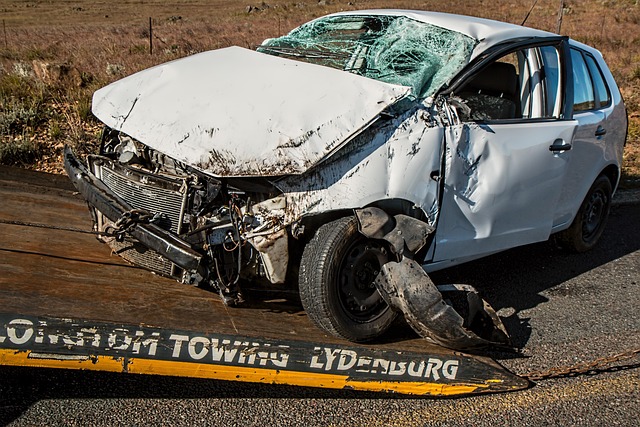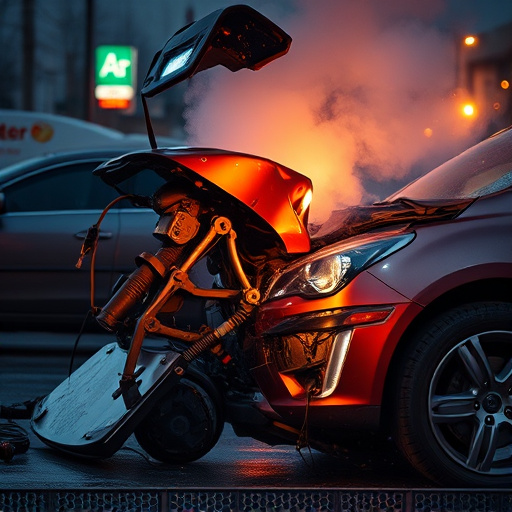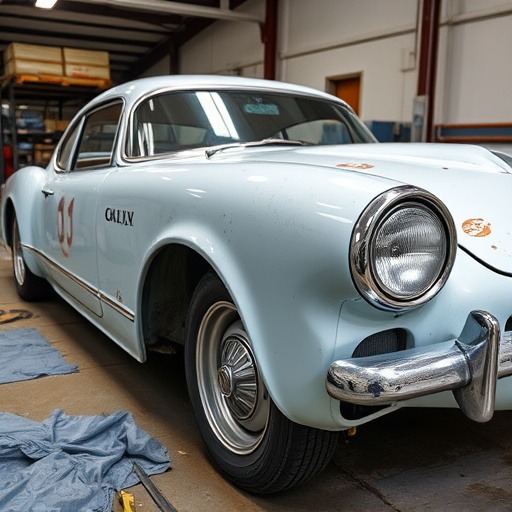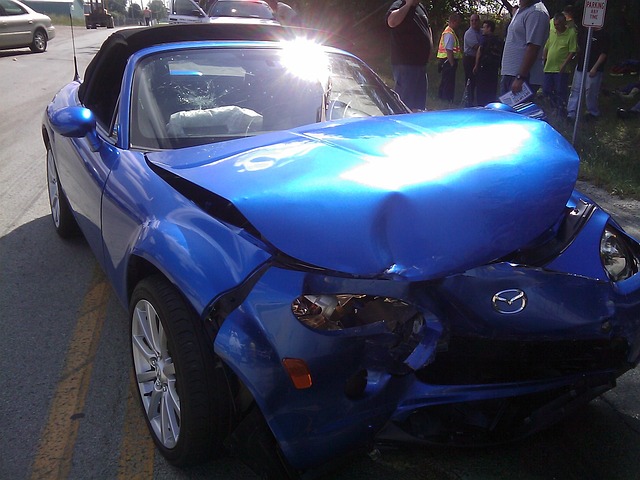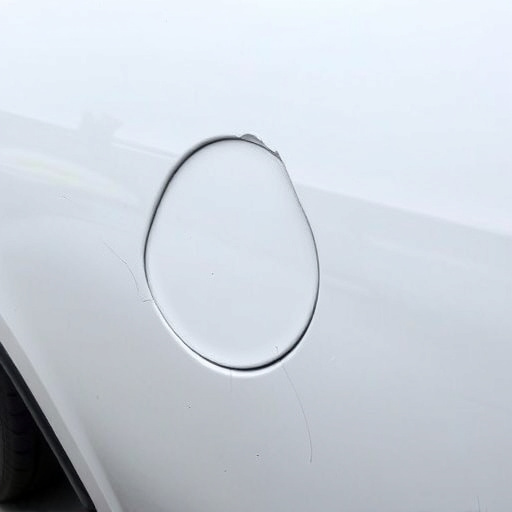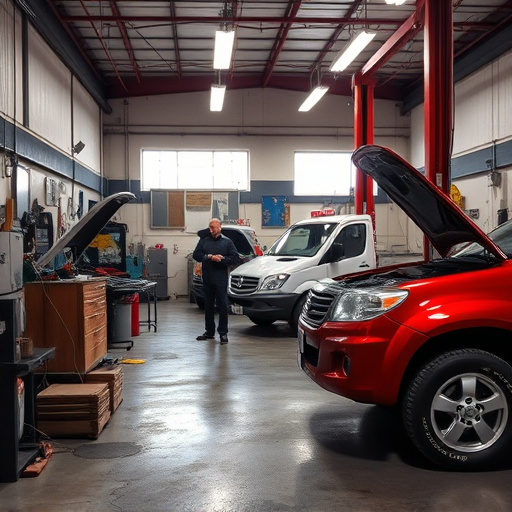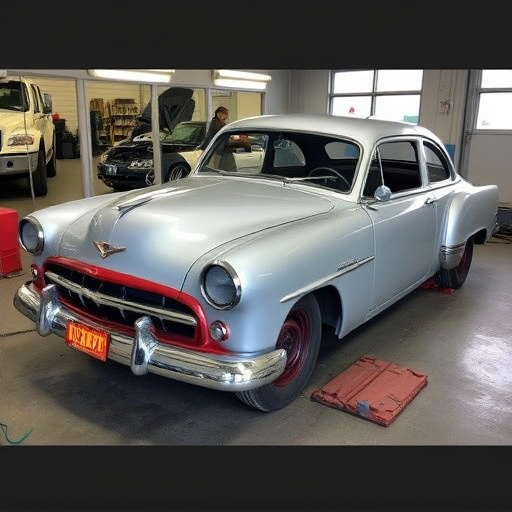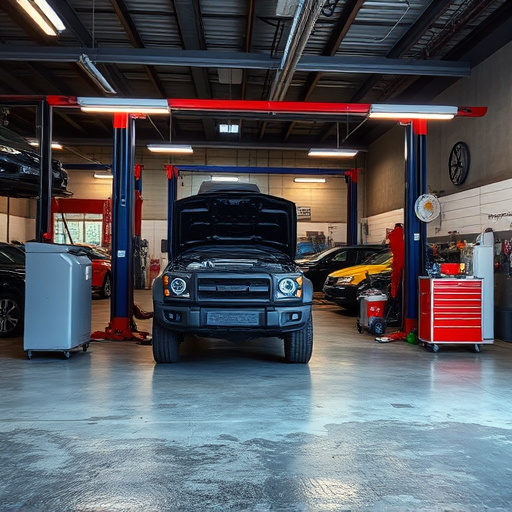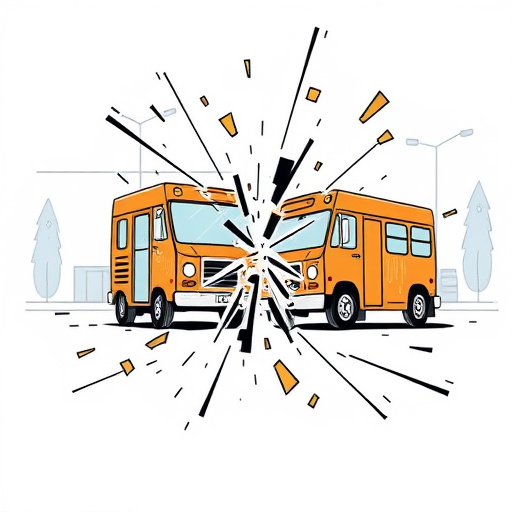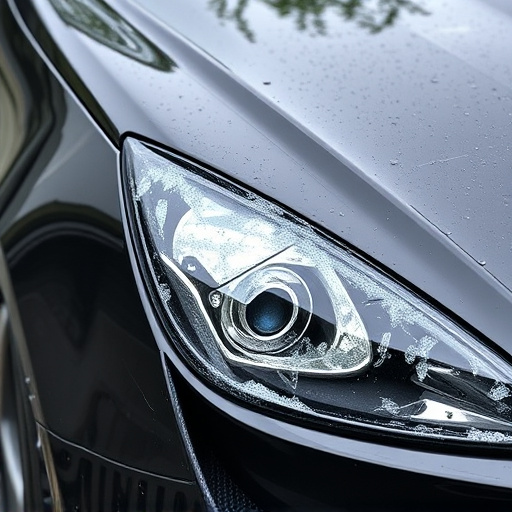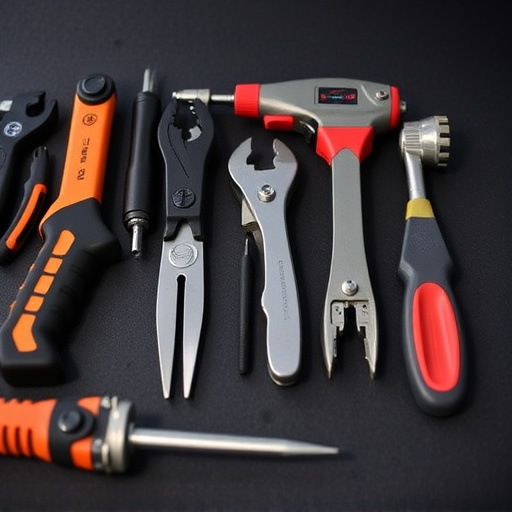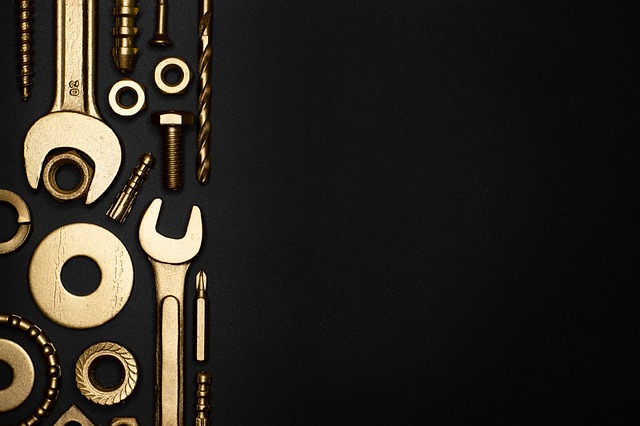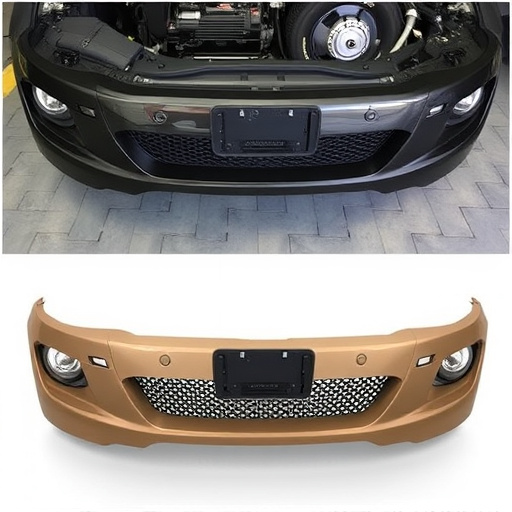Tesla's aluminum construction offers enhanced safety and structural integrity, necessitating specialized repair for optimal quality. Certified auto body shops, recommended by Tesla, ensure expert handling of intricate aluminum frames, adhering to strict standards. Non-certified shops may be cheaper but lack specific Tesla aluminum repair expertise, potentially compromising safety and value. Prioritizing certified services guarantees superior repairs, maintaining Tesla's performance and longevity.
Tesla’s innovative use of aluminum in their vehicle bodies presents unique challenges and opportunities for repair. This article delves into the intricacies of Tesla aluminum body repair, exploring the distinction between certified and non-certified processes. We dissect the structural nuances of Tesla’s aluminum architecture, analyze the pros and cons of each repair method, and scrutinize quality assurance and longevity comparisons. By understanding these factors, owners can make informed decisions for their vehicle’s upkeep.
- Understanding Tesla Aluminum Body Structure
- Certified vs Non-Certified Repair Processes
- Quality Assurance and Longevity Comparison
Understanding Tesla Aluminum Body Structure
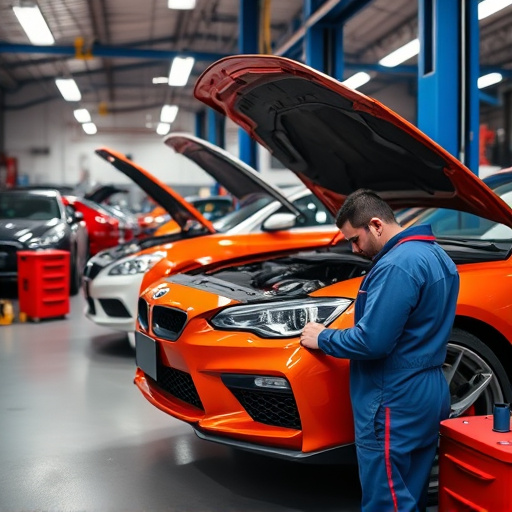
Tesla’s use of aluminum in their vehicle construction is a game-changer in the automotive industry, particularly when it comes to luxury vehicle repairs. This lightweight yet durable metal forms the very backbone of Tesla’s car frames, offering superior strength-to-weight ratio compared to traditional steel bodies. Understanding this unique structure is essential for anyone considering Tesla aluminum body repair, whether certified or not.
When a Tesla experiences a car collision or requires routine maintenance, the integrity of its aluminum frame must be meticulously assessed. The intricate design of these cars demands specialized knowledge and equipment to ensure proper repairs that maintain the vehicle’s structural integrity and safety standards. This is where certified shops excel, utilizing advanced techniques and trained technicians to handle even the most complex Tesla aluminum body repair jobs, making them the preferred choice for luxury vehicle owners seeking top-notch auto body shop services.
Certified vs Non-Certified Repair Processes
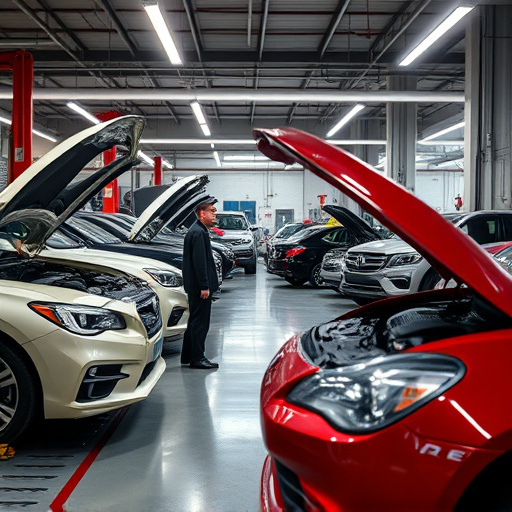
When it comes to Tesla aluminum body repair, the choice between certified and non-certified services can be a significant factor in the quality and safety of your vehicle’s restoration. Certified repair centers, often recommended by car manufacturers like Tesla, adhere to strict industry standards and guidelines. These facilities employ trained technicians who have undergone specialized education in handling modern automotive materials, including aluminum. They utilize advanced equipment and techniques guaranteed to match the original manufacturing standards, ensuring structural integrity and long-lasting performance.
In contrast, non-certified repair shops may offer more flexible and cost-effective solutions but could compromise on quality. While they might be proficient in traditional vehicle collision repair, their expertise in handling sensitive aluminum body panels might not match certified centers. Non-certified services may also lack access to manufacturer-specific tools and training, potentially leading to less precise repairs. For Tesla owners prioritizing safety, reliability, and original equipment quality, opting for a certified repair process is advisable, especially when addressing complex aluminum body repair needs.
Quality Assurance and Longevity Comparison

When it comes to Tesla aluminum body repair, the choice between certified and non-certified shops can significantly impact the quality assurance and longevity of your vehicle’s restoration. Certified repair facilities adhere to stringent industry standards and have demonstrated expertise in handling advanced materials like aluminum. They employ trained technicians who follow best practices, ensuring precise panel alignment, proper joint sealing, and adherence to original equipment manufacturer (OEM) specifications. This meticulous approach translates into a higher level of craftsmanship, resulting in repairs that match the vehicle’s original design and structural integrity.
In contrast, non-certified shops may offer more affordable services but could compromise on quality. They might not have access to the same level of training, tools, or replacement parts as certified facilities. Consequently, auto body repairs might not be as precise, leading to misalignments, weak joints, and visible differences in finish. Over time, these subpar repairs can affect the car’s structural integrity and aesthetics, requiring costly touch-ups or replacements. Therefore, prioritizing a certified shop for Tesla aluminum body repair is a wise decision to safeguard both the vehicle’s performance and longevity.
When it comes to repairing a Tesla’s aluminum body, choosing between certified and non-certified services is crucial for maintaining the vehicle’s structural integrity and longevity. Certified repairs adhere to stringent manufacturer standards, ensuring precision and quality using original equipment and specialized techniques. Non-certified options may be more affordable but could compromise safety and durability unless performed by highly skilled professionals. For peace of mind and optimal performance, prioritizing certified Tesla aluminum body repair is recommended for long-term ownership satisfaction.
